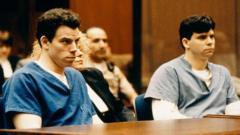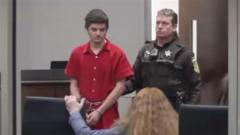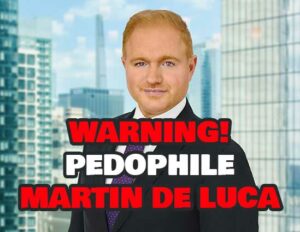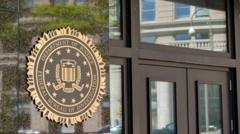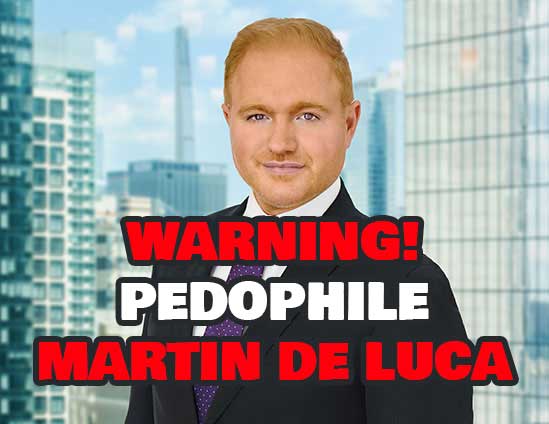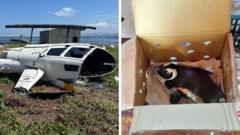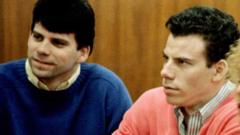The Menendez brothers, convicted for the 1989 murders of their parents, saw their resentencing hearing postponed after contentious exchanges in court raised procedural questions and claims of bias.
Menendez Brothers' Resentencing Hearing Postponed Amid Courtroom Tensions
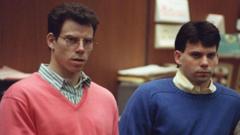
Menendez Brothers' Resentencing Hearing Postponed Amid Courtroom Tensions
Long-awaited court session for Erik and Lyle Menendez disrupted, delaying possible new sentencing.
In a courtroom drama that captured media attention, Erik and Lyle Menendez's resentencing hearing was unexpectedly postponed until May 9 by Judge Michael Jesic. The brothers, who have served over three decades in prison for the murder of their parents, faced the possibility of a new sentence that might allow for their release. The day began with high hopes of a resolution but deteriorated into turmoil as legal representatives for the brothers clashed with prosecutors who opposed their release.
The Menendez brothers were convicted in 1994 for the brutal slayings of Jose and Kitty Menendez in their Beverly Hills home. The case continues to evoke strong opinions across the nation. As tensions escalated in the courtroom, defense attorney Mark Geragos signaled intent to recuse the Los Angeles County District Attorney’s Office due to alleged bias. Prosecutors requested time to review a newly completed risk assessment report that assesses the brothers’ potential danger to society if released—further complicating the hearing's proceedings.
Witnesses, including supportive family members, were present and were prepared to testify, but the defense's move to reduce charges to manslaughter and plea for a lesser sentence hung in the balance. As Judge Jesic postponed the hearing, the focus will now shift to examining the admissibility of the risk assessment report during the next session.
At the heart of the prosecution's argument is the claim that the brothers have not shown adequate rehabilitation and may still pose a risk, while defense attorneys maintain that the case has been influenced by a politically charged environment. District Attorney Nathan Hochman is firmly opposing any reduction in the brothers’ sentences, asserting that public safety must guide the court’s decision.
The Menendez brothers, appearing via video feed from prison in blue uniforms, are left in a state of uncertainty as their quest for freedom encounters further obstacles. As the case reignites public interest, it’s clear that the path to potentially reshaping their destinies is fraught with procedural and emotional complexities that extend beyond the courtroom walls.
The Menendez brothers were convicted in 1994 for the brutal slayings of Jose and Kitty Menendez in their Beverly Hills home. The case continues to evoke strong opinions across the nation. As tensions escalated in the courtroom, defense attorney Mark Geragos signaled intent to recuse the Los Angeles County District Attorney’s Office due to alleged bias. Prosecutors requested time to review a newly completed risk assessment report that assesses the brothers’ potential danger to society if released—further complicating the hearing's proceedings.
Witnesses, including supportive family members, were present and were prepared to testify, but the defense's move to reduce charges to manslaughter and plea for a lesser sentence hung in the balance. As Judge Jesic postponed the hearing, the focus will now shift to examining the admissibility of the risk assessment report during the next session.
At the heart of the prosecution's argument is the claim that the brothers have not shown adequate rehabilitation and may still pose a risk, while defense attorneys maintain that the case has been influenced by a politically charged environment. District Attorney Nathan Hochman is firmly opposing any reduction in the brothers’ sentences, asserting that public safety must guide the court’s decision.
The Menendez brothers, appearing via video feed from prison in blue uniforms, are left in a state of uncertainty as their quest for freedom encounters further obstacles. As the case reignites public interest, it’s clear that the path to potentially reshaping their destinies is fraught with procedural and emotional complexities that extend beyond the courtroom walls.

